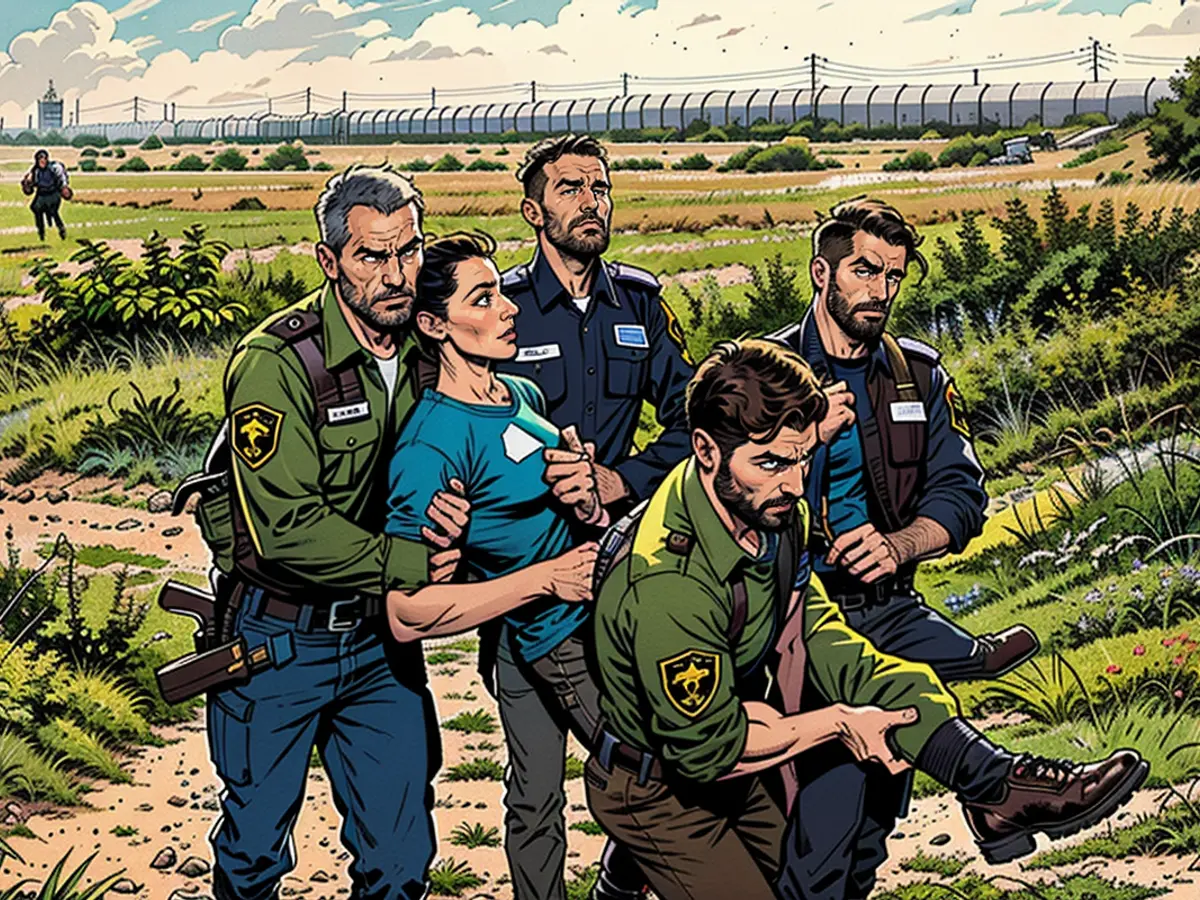Upcoming state elections in Thuringia feature a crucial mood test through ongoing local elections.
The Sahra Wagenknecht alliance (BSW), aiming to join the state parliament in Erfurt this autumn, is making its debut in the Thuringian local elections. Using figures from early Sunday afternoon, voter turnout mirrored the 2019 local elections held simultaneously with the European elections, according to the state electoral administration.
By 2 pm on Sunday, approximately 36.3% of eligible voters had cast their ballots, compared to 36.4% in the 2019 local elections. State Electoral Officer Holger Poppenhäger stressed the importance of active participation, exclaiming, "Every vote matters!" Electors have more time, since polling stations remain open until 6 pm.
The State Interior Ministry revealed that eligible voters would decide not only on district council compositions but also on city and municipal council members. Additionally, elections would occur in 13 out of 17 districts to select district administrators. In June 2020, the AfD secured its first district administrator post nationally in the Thuringian district of Sonneberg. The AfD boasts deep roots in some Thuringian municipalities.
Five independent cities (Erfurt, Jena, Gera, Suhl, and Weimar) and Eisenach will have new mayors chosen on Sunday. Concurrently, mayoral candidates will be elected in municipalities across the state. Nearly 7500 seats in local parliaments are up for grabs.
The AfD's showing is expected to attract significant attention. With loads of supporters in Thuringia and recent polls indicating the AfD as the likely powerhouse in the state elections, it could become the most dominant party in the region. Nonetheless, recent startups like the BSW will also be scrutinised. Reportedly, the BSW is fielding several candidates in the district and municipal council elections.
All Thuringians aged 16 and over can cast their votes. Preliminary tentative results are anticipated on Monday night, while a definitive result may emerge no earlier than Tuesday. Run-offs would be held in case of no majority on June 9, alongside the European elections.
In 2019, the CDU was the strongest party in the Thuringian local elections, scoring 37.9% in the district administrator and mayor elections and winning the title of the most popular party in the city and municipal mayoral races. The governing parties – the Left, SPD, and Greens – experienced setbacks, but currently govern without a parliamentary majority.
The AfD secured 10.2% in 2018. However, the Thuringian state branch under its extremist leader Björn Höcke – classified by the Office for the Protection of the Constitution as indirectly far-right – is now much more potent. In the October 2019 polls, the AfD finished second, notching over 23%, and recent surveys placed the party's support at around 30%.
Minister President Bodo Ramelow (Left Party) voiced worries about the shortage of candidates in the local elections. Speaking with Redaktionsnetzwerk Deutschland, he highlighted that 91 towns lacked candidates for local or district mayor positions. This, he described, represents "an alarming sign." To recover and renew democracy and fortify office holders against targeted attacks, measures should be implemented, he suggested.
Read also:
- This will change in December
- Dikes withstand water masses so far - Scholz holds out the prospect of help
- Fireworks and parties ring in 2024 - turn of the year overshadowed by conflicts
- Attacks on ships in the Red Sea: shipping companies avoid important trade route
Source: www.stern.de








